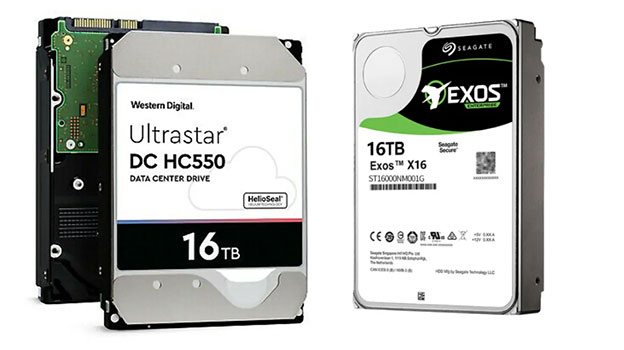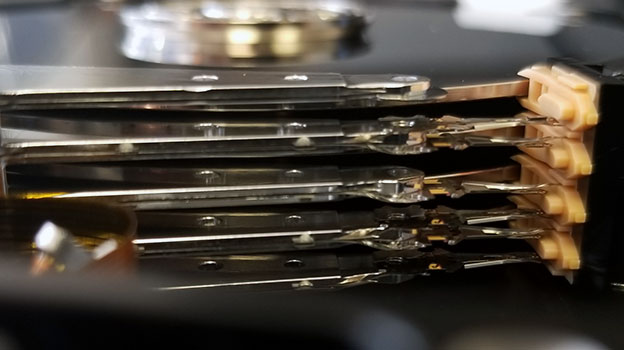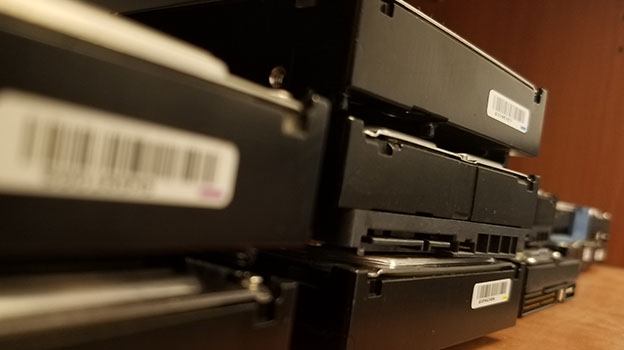
So, you need data recovered from a high-capacity hard drive but figure the cost should be the same as recovering data from a “normal sized” hard drive. After all, a hard drive is a hard drive, and there should be little difference in the process, right?
Well, as it turns out, in the majority of data recovery situations, that high-capacity hard drive of yours is going to cost you more for data recovery than your other hard drives. Sure, there are companies out there that promote the same pricing for recovering data from drives of all kinds of capacities. But you must remember this: these companies are operating under a quantity business strategy rather than quality. What they do is take all the cases and write off the ones not worth working on. That, by the way, is a whole different story I will share with you at another time.
What are the high-capacity drives?
There is a rather straightforward answer to this question. High-capacity drives are those drives that are greater than 4TB. For example, hard drives of between 5TB and the current top end of 20TB are all high-capacity drives. Think of it this way: the more TB listed, the more platter surfaces the drive will contain. The more surfaces the drive contains the more heads the drive with has inside. The more of this and the more of that makes it harder and harder to work with.

It sounds fairly simple to grasp but some individuals flat-out refuse to see that recovering data from a 500GB hard drive with two heads inside is considerably easy compared to recovering data from a 5TB drive with 10 heads inside. The main reason is time. The longer it takes to recover the data, and the more complex the drive is, the longer it will take, and time equals money. You will spend more for recovery which takes longer to execute. There is no way around that.
Speaking of complexity… higher capacity drives have modern security tech features that are much harder to bypass when working with them. Add to this a lack of support from data recovery software applications and self-encrypting features, and things get complicated.
Platter Damage
In general terms, recovering data from platter-damaged high-capacity drives can be a nightmare and – in many cases – is impossible. The main reason for that is the lack of software support to turn off individual heads.
The bottom line, it will cost more to recover data from high-capacity drives. Although many companies and individuals take advantage of regular end users that have little knowledge of such things, you have to remember that the higher price is justified. If it takes longer to do something, it is going to cost more. Data recovery from high-capacity drives fits into that description.

A few paragraphs ago it was stated that quantity versus quality plays a part in this scenario. That is usually the case with anything these days. If you expect something – a meal, clothing, or whatever – to be of quality, you should automatically be prepared to spend a little more to get the quality you expect.
The same thing applies to data recovery. High-capacity drives have capabilities that exceed other types of drives which make them a quality product. We already know that higher quality equals higher cost so it should be no surprise that data recovery from a high-capacity drive will cost more than a drive of lesser capacity.
